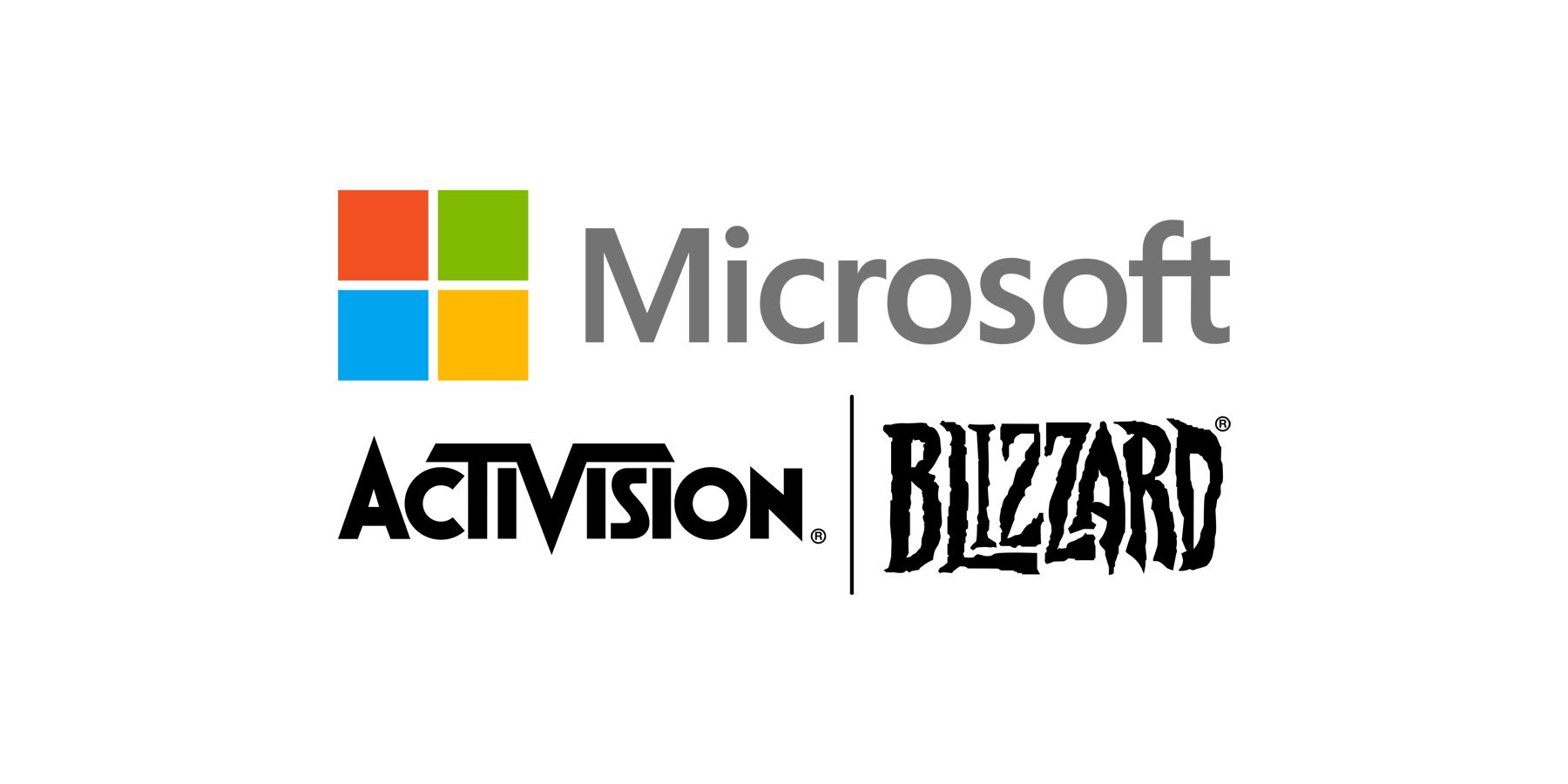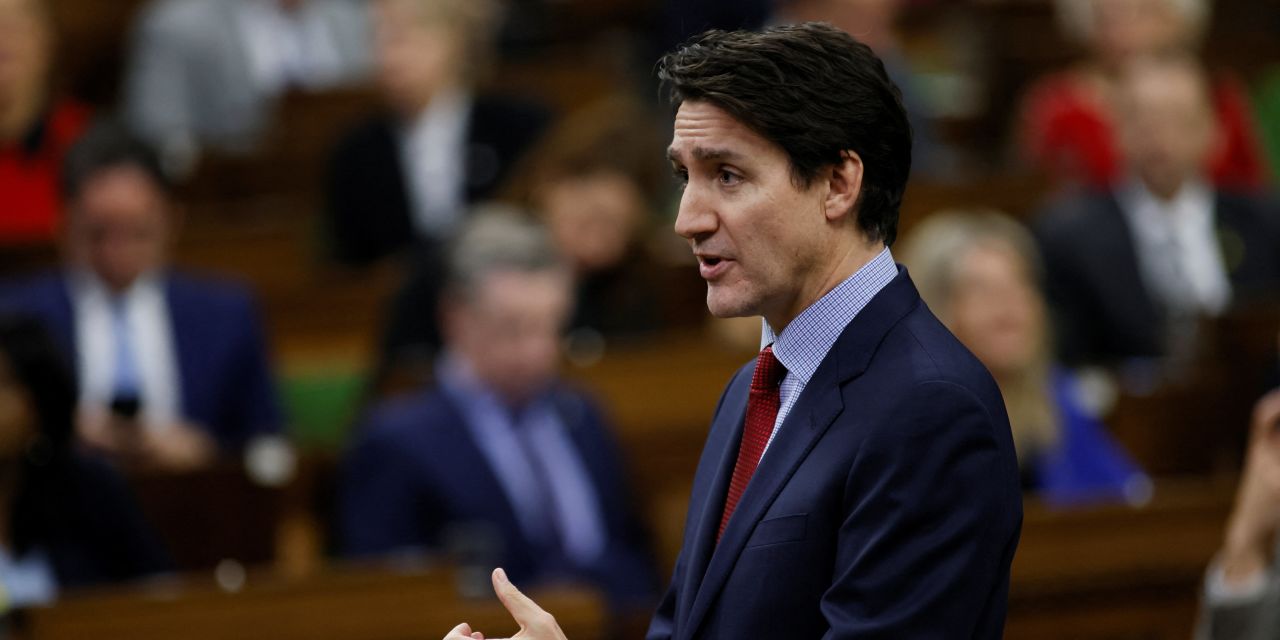Appeal Filed: FTC Challenges Microsoft Activision Blizzard Acquisition

Table of Contents
The FTC's Arguments Against the Merger
The FTC's core argument centers on the assertion that the merger would create a monopoly, harming competition and ultimately, consumers.
Concerns about Monopoly Power
The FTC fears the combined entity will wield undue market power, particularly in the rapidly growing cloud gaming sector. Their concerns are multifaceted:
- Microsoft's Xbox Dominance: Microsoft already holds a significant share of the console gaming market. Adding Activision Blizzard's portfolio – including iconic franchises like Call of Duty, World of Warcraft, and Candy Crush – would substantially amplify this dominance.
- Key Franchise Control: Activision Blizzard owns some of the most popular and profitable gaming franchises globally. Microsoft's control over these titles could severely limit competition and choice for gamers.
- Exclusionary Practices: The FTC worries Microsoft might leverage its control over Activision Blizzard's games to exclude rivals from accessing them, particularly on cloud gaming platforms, hindering competitors' ability to thrive.
- Impact on Pricing and Innovation: Reduced competition often leads to higher prices and stifled innovation. The FTC argues this merger increases the risk of both.
Stifling Innovation
Beyond market dominance, the FTC claims the merger will stifle innovation within the gaming industry.
- Reduced Incentives for Microsoft: With less competitive pressure, Microsoft may have reduced incentive to innovate and improve its gaming services and offerings.
- Leveraging Market Power: A larger, combined entity could leverage its market power to disadvantage smaller competitors, potentially pushing them out of the market entirely.
- Lack of Consumer Choice: Ultimately, the FTC argues the merger reduces choice for consumers, limiting the variety of gaming platforms and services available.
Microsoft's Defense of the Acquisition
Microsoft counters the FTC's claims, asserting the merger will be beneficial for gamers and will not harm competition.
Claims of Competition and Benefits for Gamers
Microsoft's defense rests on its commitment to expanding access to games and fostering innovation.
- Wider Game Availability: Microsoft pledges to bring Activision Blizzard games to a wider range of platforms, increasing accessibility for gamers.
- Innovation and Competition: They argue the merger will encourage innovation and competition, resulting in better games and services for consumers.
- No Consumer Harm: Microsoft insists the acquisition won't negatively impact consumers, emphasizing benefits such as increased game availability and improved gaming experiences.
Counterarguments to FTC Concerns
Microsoft actively addresses the FTC's specific concerns:
- Call of Duty Licensing: Microsoft has offered to license Call of Duty to competitors, attempting to mitigate concerns about exclusivity.
- Cloud Gaming Investment: They've highlighted their substantial investments in cloud gaming infrastructure, emphasizing their commitment to a competitive cloud gaming market.
- Platform Neutrality: Microsoft has pledged to maintain platform neutrality, ensuring fair access to Activision Blizzard games across various platforms.
Implications for the Gaming Industry and Consumers
The outcome of this appeal will have profound consequences for the gaming industry and its consumers.
Potential Impacts on Game Prices and Availability
The merger's impact on game prices and availability is a central concern.
- Price Increases: The FTC's concerns about reduced competition could lead to higher prices for Activision Blizzard's popular titles.
- Subscription Services: The impact on subscription services, such as Xbox Game Pass, is another critical consideration. Will prices increase or will the value proposition change?
- Game Development Practices: The merger could potentially alter game development practices, potentially affecting the quality and variety of games released.
Future of Antitrust Regulation in Tech
This case sets a crucial precedent for future antitrust litigation within the tech industry.
- Cloud Gaming's Role: The significance of cloud gaming in antitrust considerations is highlighted, shaping how regulators assess future mergers in this rapidly evolving sector.
- Digital Marketplace Competition: Preserving competition in the digital marketplace is paramount, and this case directly impacts how regulators approach this challenge.
- Future Mergers and Acquisitions: The outcome will significantly influence future mergers and acquisitions within the gaming industry and the broader tech sector.
Conclusion
The FTC's appeal challenging the Microsoft Activision Blizzard acquisition represents a pivotal moment for the gaming industry and antitrust law. This FTC Challenges Microsoft Activision Blizzard Acquisition case will shape the competitive landscape, impacting gamer choice, pricing, and future game development. The complexities of regulating powerful tech companies are laid bare, emphasizing the need for a delicate balance between fostering innovation and preventing monopolies. Staying informed about this evolving case is crucial for gamers, investors, and anyone interested in the future of the gaming industry. Understanding the nuances of this Microsoft Activision Blizzard acquisition is vital for all stakeholders.

Featured Posts
-
 Report Exposes Dangerous Climate Whiplash And Its Urban Consequences
May 28, 2025
Report Exposes Dangerous Climate Whiplash And Its Urban Consequences
May 28, 2025 -
 Is Nato Meeting Its Defense Spending Targets
May 28, 2025
Is Nato Meeting Its Defense Spending Targets
May 28, 2025 -
 Rayan Cherki News A German Insiders Perspective
May 28, 2025
Rayan Cherki News A German Insiders Perspective
May 28, 2025 -
 Shein Ordered To Comply With Eu Consumer Laws Or Face Penalties
May 28, 2025
Shein Ordered To Comply With Eu Consumer Laws Or Face Penalties
May 28, 2025 -
 Eu Tariff Deadline Extended Trumps July 9th Decision
May 28, 2025
Eu Tariff Deadline Extended Trumps July 9th Decision
May 28, 2025
